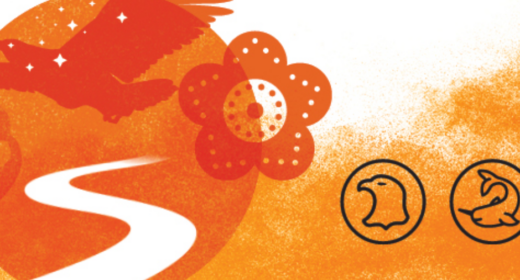Impact benefit agreements (IBA) have become a critical instrument allowing Indigenous communities to fully participate in projects carried out within their traditional territories. In fact, IBAs are now a common vehicle for community consultation and approval of projects. The five W’s of IBAs are outlined below.
1. WHAT are IBAs?
IBAs are agreements that allow Indigenous communities to ensure that their concerns respecting a project are identified, and that the impacts of the project are addressed by business. This means that the adverse impacts of a project may be compensated to reconcile the competing interests of the community and of the business.
2. WHY IBAs?
The Crown has an obligation to consult with Indigenous peoples whenever something is contemplated that will impact on a right or the exercise of a right. This is a substantive obligation that has been recognized by the Supreme Court of Canada (SCC) as deriving from the honour of the Crown. However, the Crown is often not in a position to properly consult with Indigenous communities on the potential impacts of a project. For this reason, the procedural aspect of consultation is usually satisfied by businesses, which understand their projects and are able to adequately describe and define the different phases. This does not let the Crown off the hook for ensuring that the consultation was adequate since it cannot delegate this duty.
A properly negotiated and drafted IBA should minimize the impairment of Aboriginal rights, and should give the Indigenous community and business greater certainty about their relationship.
3. WHO should participate in the negotiation process?
Indigenous communities should give a lot of thought to who represents them at negotiation tables. While lawyers, engineers and other consultants are important in assisting Indigenous communities to understand a project, and for ensuring best positions are put forward, it is essential that key community members be included. These people will have a better understanding of the history, short and long-term goals and concerns of the community.
4. WHEN should IBAs be negotiated?
IBAs can be negotiated at different phases, and the decision on when to engage in negotiations with a business is a strategic one. The timing can be prior to the environmental assessment, if any is required, during the environmental assessment (EA) phase or post-environmental assessment.
Before an EA is completed, the Indigenous community has more leverage, because the business is still seeking approvals, but there is often little information available on the potential impact or benefits of a project. Conducting IBA negotiations at the same time the EA is being carried out will allow the IBA to identify and address community concerns, but conducting these two processes simultaneously can be difficult and demanding on community resources. The post-EA IBA is when the Indigenous community will have the most information on the project and its impacts available, but the community will have less leverage at this time because the project will have received the necessary approvals.
5. HOW to negotiate an IBA?
When negotiating an IBA with a business, the Indigenous community must ensure stability and unity within their community in order to increase the likelihood of a long term and sustainable relationship with the business. Unity and information sharing should also be considered when a project impacts more than one community.
For more information, read my full article on ‘The Five Ws of Impact Benefit Agreements’.


